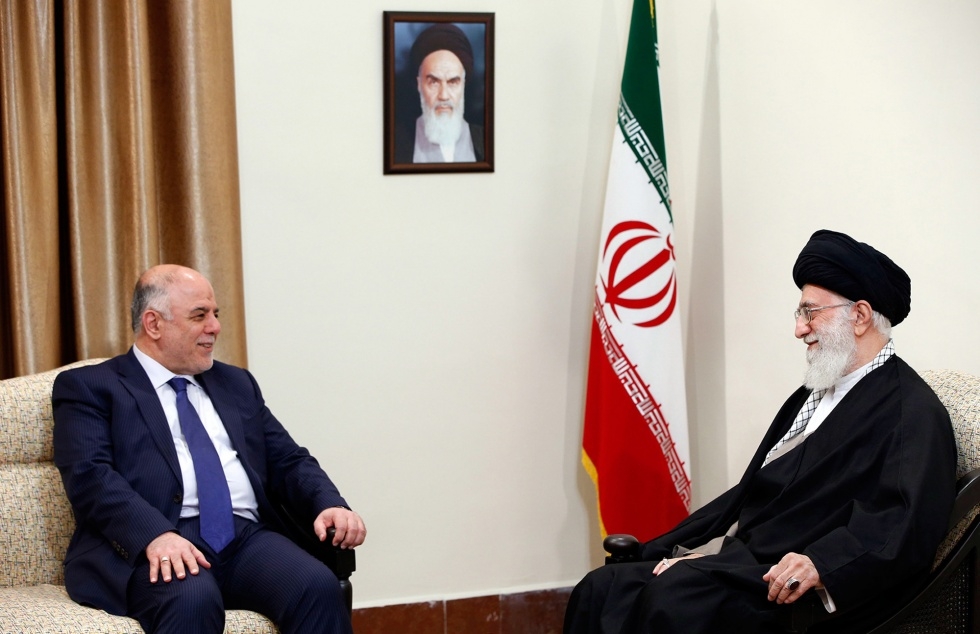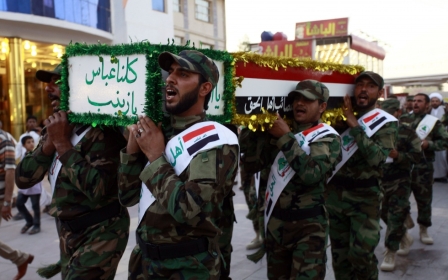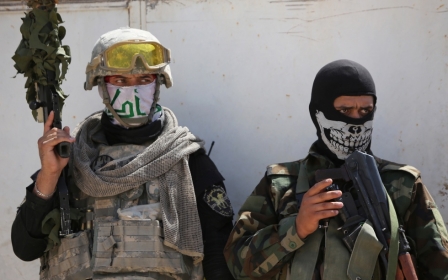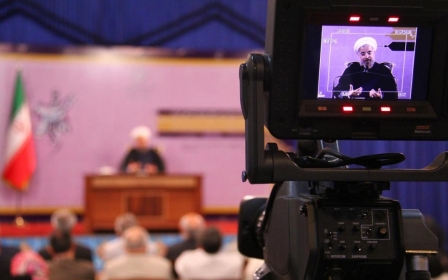Iran says to defend Baghdad, no need for 'foreign' troops

Iran's supreme leader Ayatollah Ali Khamenei on Tuesday told Iraq's visiting premier that the Baghdad government is capable of defeating Islamic State (IS) without "foreign" troops being deployed, offering further Iranian military help.
"We stand beside you and will seriously defend your government like the previous government," Khamenei said in a meeting in Tehran with Iraq's Prime Minister Haidar al-Abadi.
"Iran recognises the security of Iraq, (our) neighbour and brother country, as its own security," Khamenei said, quoted by state television.
The all-powerful Iranian leader said he believed that Iraqis had "the capacity to overcome the terrorists and establish security" alone without the "need for foreign presence".
To counter an offensive launched by IS on June 9, Iran has supplied Iraqi Kurds with weapons and sent military advisers to Baghdad, while denying it has deployed ground troops.
But in early October, Iranian television published a rare picture of its elite Quds Force chief, Major General Qassem Suleimani, in an Iraqi battlefield alongside Kurdish peshmerga forces.
And Kurdish official confirmed the presence of 100 Iranian troops that remained out of an initial 600 inside Iraq.
In September, a senior Iranian military official threatened to attack deep inside Iraq if the IS approached his country's border.
Tehran, which has refused to join the international coalition against IS, advocates regional support for the Iraqi and Syrian governments, and says that air strikes are insufficient.
Before flying to Iran, Abadi ruled out any foreign ground intervention to assist government forces in retaking territory lost to IS.
But at the same time the Iraqi premier appeared to set restrictions on Iran, saying no "regional power will fight here".
The visit was Abadi's first to Tehran since taking over after Nuri al-Maliki's failed bid to win a new term after this summer's IS offensive brought Iraq close to collapse.
Iran had resolutely backed Maliki since he took office in Baghdad in 2006, but lost faith in him after the capitulation of the Iraqi military in the face of only a few thousand IS militants.
Critics say that Tehran's influence in Iraq, which includes Iranian-backed militias acting with impunity, has helped fuel the country's sectarian tensions.
New MEE newsletter: Jerusalem Dispatch
Sign up to get the latest insights and analysis on Israel-Palestine, alongside Turkey Unpacked and other MEE newsletters
Middle East Eye delivers independent and unrivalled coverage and analysis of the Middle East, North Africa and beyond. To learn more about republishing this content and the associated fees, please fill out this form. More about MEE can be found here.




